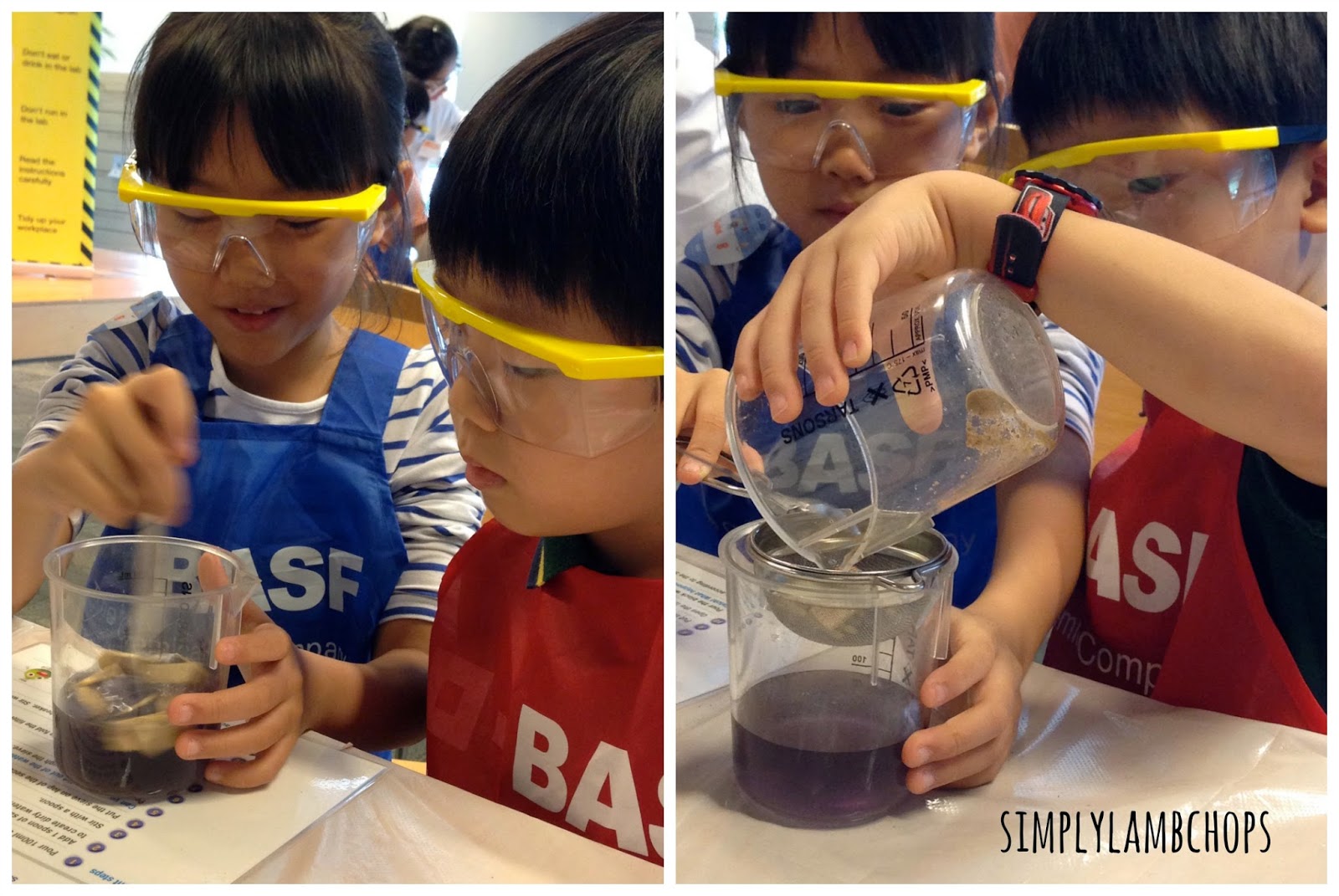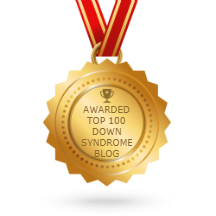The school holidays are coming, and if you are still planning what to do with your school-going children, I strongly recommend the BASF Kids' Lab workshop.
As the world's leading chemical company, BASF's portfolio ranges from chemicals, plastics, performance products and crop protection products to oil and gas. BASF also focuses on science education realizing that today's students will be the thinkers, innovators and leaders of the future. BASF developed its global Kids' Lab program comprising of hands-on experiments and interactive Q&A to encourage children ages 6 to 12 to gain a better appreciation of how chemistry contributes to our everyday life. This makes Chemistry learning more tangible and memorable for our little ones.
This is the 11th year BASF is holding Kids' Lab in Singapore and the program is offered free to participants. For this year, the the children get to perform two experiments to learn more about water. They will be able to test the water storage capacity of sand and superabsorbent polymers (SAP) through a water storage experiment. They will also learn about the importance of water as one of the most precious, limited natural resources and produce their own "dirty" water followed by basic purification methods to remove solids and dissolved particles in their water in the second experiment. This experiment simulates how wastewater is being purified in sewage plants.
 |
| Children get to wear a lab apron and don their safety goggles! |
 |
| Facilitator briefing the children about the program and the safety rules. |
For workshop sessions open to the public, the children are paired up for the
experiments. Do note that parents will not be allowed into the session. There are student facilitators to help the children if they face any difficulties and to guide them through the experimental procedures. They are also patient and friendly in answering the children's questions and there is always a healthy two-way discussion between the children and the facilitators.
experiments. Do note that parents will not be allowed into the session. There are student facilitators to help the children if they face any difficulties and to guide them through the experimental procedures. They are also patient and friendly in answering the children's questions and there is always a healthy two-way discussion between the children and the facilitators.
 |
| Co-operation to carry out the experiment to check the water storage capacity of sand. |
 |
| Recording their observations about the SAP. See how focussed L was! |
 |
| Preparing their "dirty" water! |
 |
| Taking turns! Co-operation to the max! |
 |
| Getting dirty with carbon and finding out what it does to their "dirty" water! |
 |
| Water in the measuring cylinder after being purified in a few easy steps. |
 |
| Children saw how "urine" is quickly absorbed by the SAP in a baby diaper! Of course, there were a lot of "ew" and "yucks" from them. |
As a Chemistry educator for 13 years, I am especially interested in fun and engaging workshops which can bring out the wonders of Science for my children. I hope they will love Science as much as I do, or even more! And today's workshop fulfilled my expectations. I saw how simple Science experiments brought out the awe in my children, and how they practised their soft skills of turns-taking, respecting each other's opinions and listening to instructions, on top of science practical skills like handling the apparatus and materials appropriately, making observations, making inferences from their observations and even tidying the workbench.
The public sessions will be held from May 31 - June 7 at the Jurong Regional Library. Each session is 1.5 hours long. I heard from the organisers that all the workshops are now fully booked, but you may want to try going down on the day you are free to see if there are last minute cancellations.
Do visit the BASF Kids' Lab facebook page and "like" the page to receive notifications of the future Kids' Lab workshops. There is an on-going contest on the page where you can answer a simple question to win a water bottle and a pair of safety goggles.
You can also visit The BASF Magazine to read how chemistry helps to meet global challenges and create a sustainable future. Topics like resources, environment and climate, food and nutrition and quality of life are interesting and applicable to everyday living. Parents can read the articles together with your child to develop their scientific literacy skills and in the process, strengthen your parent-child bond through discussions on the topics read.
We thank BASF Kids' Lab and Playeum, The Play Museum which is the official programme coordinator, for the privilege to attend a special preview of this year's workshop. Ch and L had fun today and they love the workshop. They even commented that they want to attend the workshop again next year! The excited kids showed Daddy the photos we took today, and he conducted an extension of the second experiment to talk about the purification method in our air purifier!













